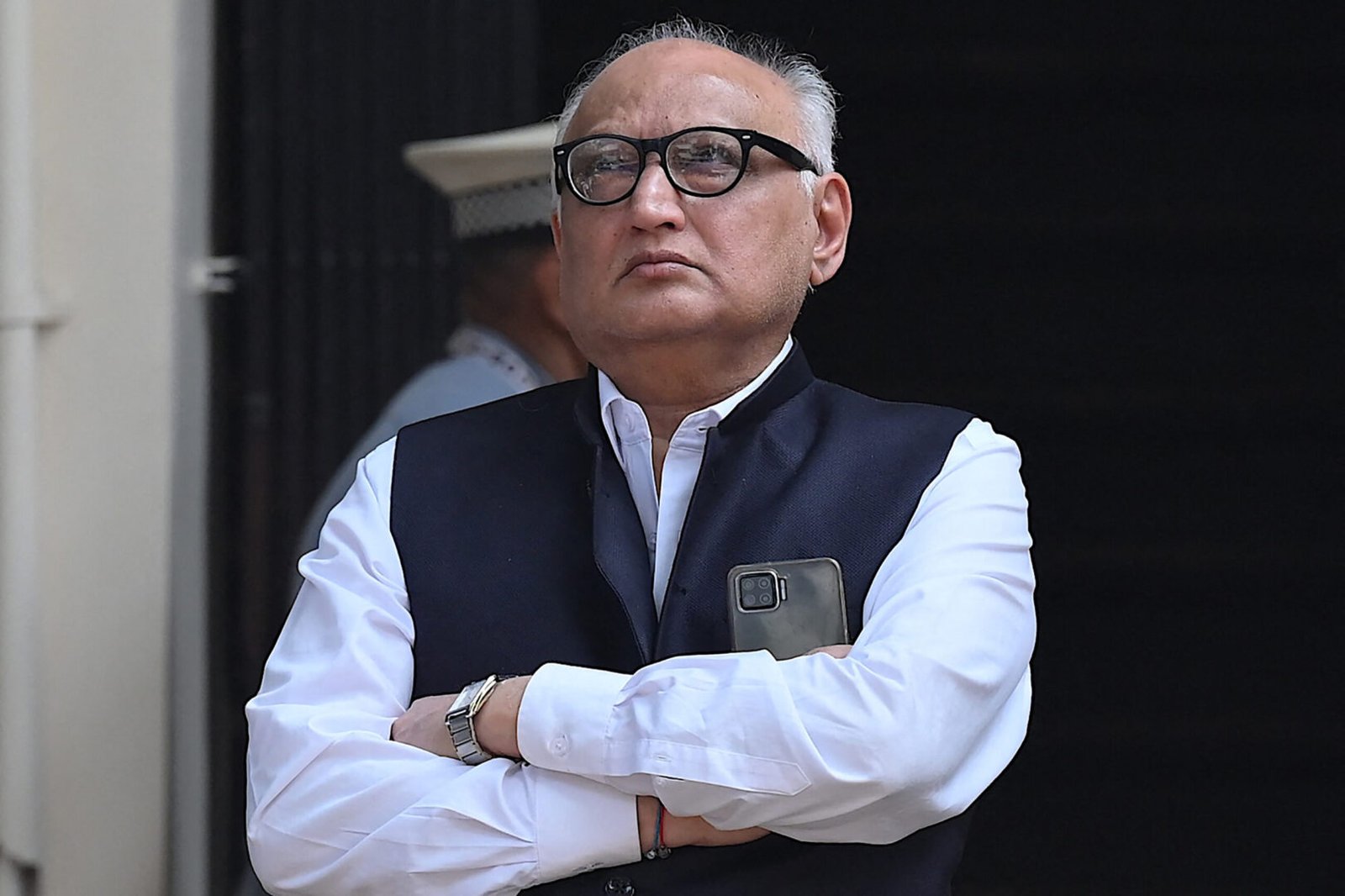Amid a barrage of negative news and subsequent fall in Adani group stocks after US-based shorter seller Hindenburg released its report, proxy advisory firm InGovern Research has said a short seller should be considered just another market participant, who has a “motivated view” of bringing bring down the stock price. In its quick take on this issue, Bengaluru-based InGovern says there are “no new facts” in the Hindenburg report, and, at best, it is a compilation of all past allegations.
Amid a spat between billionaire Gautam Adani-led conglomerate and the US-based short-seller, the group’s flagship company Adani Enterprises’ ₹20,000 crore follow-on public (FPO) kicked off today for retail investors. The FPO is the country’s largest-ever secondary share sale. Adani Enterprises has already raised ₹5,984.9 crore from 33 anchor investors, which includes foreign as well as domestic institutional investors, and the issue was oversubscribed.
According to InGovern, some allegations in the Hindenburg report have been the subject of regulatory scrutiny in the past. “Hindenburg has 3 types of data: Easily verifiable data on Marcap, P/E multiples, debt, shareholding patterns, etc. available to all investors. Data points that cannot be easily verified: Mauritius entities, etc. Aspersions based on past (some over 20+ years), some of which were fully disclosed as part of various offering documents by the Adani group.”
However, says the proxy advisory firm, there are no specific complaints made to the capital markets regulator in IndiaSEBI, for an investigation by Hindenburg.
The proxy advisory firm says the strategically timed release of the Hindenburg report on the eve of the follow-on public offering (FPO) by Adani Enterprises Ltd seems to indicate there was some objective to “scare” investors. “However, the Hindenburg report itself may not impact the FPO share sale.”
It adds the anchor book has already been oversubscribed on January 25, 2023, given the objective of many of the long-term investors would be to hold the stock for many years. However, there could be some sentimental hit among retail investors when the FPO opens on January 27, 2023, it adds.
Siding with the Adani group on high valuations and over-leverage, InGovern says the nature of the industries in which Adani group companies operate and data on debt holding in Adani group companies indicate otherwise. “Valuations is in the eyes of those who have a position and are willing to bet on it. These days, there are many new age companies with no revenue model and with no earnings, Adani stocks may appear to be inexpensive.”
It says the Adani group companies are in the infrastructure businesses, with monopolistic characteristics. “Some of their infrastructure assets like ports already generating huge cashflows. Some other infrastructure assets are in the gestation period and would be generating positive cashflows in coming years.”
It says given the low free float of many listed Adani companies, the group can always sell down equity to pay off debt and reduce leverage. The FPO is the first instance from the group to get a greater float and pay the debt.
InGovern also says the Hindenburg report is an opportunity for the Adani group to deepen its relationships with long-term institutional investors and greater investor engagement of all classes of investors. “Equity fundraising by Adani group companies, which otherwise do not have very diverse ownership, will result in wider participation by institutional and retail investors. This will also add free float and help in greater price discovery besides dissuading investors to short sell stocks,” says the report.
Meanwhile, another brokerage house CLSA, in its report released on January 26, said Indian banks have an exposure of ₹81,200 crore to Adani group, whose group debt is ₹2 lakh crore (about $24 billion). However, the report downplayed the banks’ exposure by mentioning that it is 0.55% of system loans. The report states that while debt levels have doubled from ₹1 lakh crore to ₹2 lakh crore in the past three years, bank debt has only increased by more than 25%.
This article is republished from Fortune India. Read the original article here.
Learn how to navigate and strengthen trust in your business with The Trust Factor, a weekly newsletter examining what leaders need to succeed. Sign up here.








